| Prof. Roel Wieringa |
|---|
Roel Wieringa (Professor at the Department of Computer Science at the University of Twente, Netherlands)
visited Innsbruck in October 2014, for giving the talk titled Design science research in information and software systems engineering and
for working with Prof. Barbara Weber and the Quality Engineering group. He also visited Bozen University and gave a talk there.
Abstract: The last ten years has seen a surge of interest in design science research in information systems, and of empirical research in software engineering.
In this talk I present a framework for design science in information and software systems engineering that shows how in design science research,
we iterate over designing new artifacts, and empirically investigating these artifacts. The logic of both of these activities, design and empirical research,
is that of rational decision making. I show how this logic can be used to structure our research questions as well as how to structure reports about our research.
Next, I provide a checklist for designing empirical research and give some examples of use of the checklist.
Finally, I will discuss in more detail what the role of theories in design science research is, and how we use theory to state research questions and to interpret the research results.
He has written three books,
Requirements Engineering: Frameworks for Understanding (Wiley, 1996),
Design Methods for Reactive Systems: Yourdon, Statemate and the UML
(Morgan Kaufmann, 2003) and
Design Science Methodology for Information Systems and Software Engineering (Springer, 2014).
|
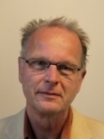
|
| Dr. Roman Kontchakov |
|---|
Dr. Roman Kontchakov is a Lecturer of computer science at Birkbeck College, University of London. His research areas include:
- Knowledge representation and reasoning
- Mathematical and computer science logic
- Modal and temporal logics
- Description logics
- Spatial and temporal reasoning
- Automated theorem proving
- Intuitionistic and intermediate logics
He will be visiting the University of Bolzano during december 2014 for a joint collaboration with the Knowledge Representation and DataBase (KRDB) technologies group.
|
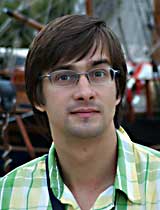
|
| Dr. Irit Hadar |
|---|
Dr. Irit Hadar, from the Department of Information System of the University of Haifa, Israel, will visit Innsbruck from the 24th of October till the 6th of November, 2012. She will work with Prof. Barbara Weber and the Quality Engineering group. She will also visit Trento and Bozen Universities.
In Innsbruck, she will give the talk entitled The unreasonable power of intuitive thinking: Reason and intuition in software engineering.
Abstract:
The ever-increasing complexity of software systems presents increasingly difficult cognitive
challenges to software engineers in all types of activities in the software development
lifecycle, including requirement analysis, software architecture, design, and programming.
Over the years, different mechanisms such as programming paradigms and visual modeling
representations have been developed to support software engineers when coping with the
cognitive complexities presented by their tasks. For example, the object-oriented
programming paradigm was created based on the idea to exploit the human mind’s natural
capabilities for thinking about the world in terms of objects and classes, thus recruiting our
intuitive powers for building formal software systems. However, studies repeatedly show that
object-oriented programming and design are quite difficult to learn and practice. As it turns
out, while intuition is a powerful tool that helps us navigate successfully through most
everyday tasks, it may at times clash with formal reasoning processes, under the demands of
abstraction, formalization, and executability.
In my talk I will present examples of difficulties encountered by experienced and
knowledgeable software engineers and system analysts, when performing different software
development tasks. Using recent research from cognitive psychology enables tracing the
sources of these difficulties to a clash between the intuitive and analytical modes of thinking.
Understanding these difficulties and the sources from which they stem, may direct future
efforts towards their resolution.
|

|
| Prof. Brian Fitzgerald |
|---|
Brian Fitzgerald (Professor at University of Limerick, Ireland) visited Innsbruck in May 2012 for giving a talk, a PhD seminar and for talking with the group of Prof. Ruth Breu.
The seminar was entitled Outsourcing to an Unknown Workforce: Exploring Opensourcing as a Global Sourcing Strategy.
Abstract: This seminar presents a psychological contract perspective on the use of the open source
development model as a global sourcing strategy—opensourcing—whereby commercial companies
and open source communities collaborate on development of software of commercial interest to the
company. Building on previous research on information systems outsourcing, a theoretical
framework for exploring the opensourcing phenomenon is derived. The first phase of the research
concerned qualitative case studies involving three commercial organizations that had "liberated"
what had hitherto been proprietary software and sought to grow a global open source community
around their product. This is followed with a large-scale survey involving additional exemplars of
the phenomenon. The research identifies a number of symmetrical and complementary customer
and community obligations that are associated with opensourcing success. The study reveals an
ongoing shift from OSS as a community of individual developers to OSS as a community of
commercial organizations, primarily small to medium-sized enterprises. It also reveals that
opensourcing provides ample opportunity for companies to headhunt top developers, hence moving
from outsourcing to a largely unknown OSS workforce toward recruitment of developers from a
global open source community whose talents have become known as a result of the opensourcing
experience.
|
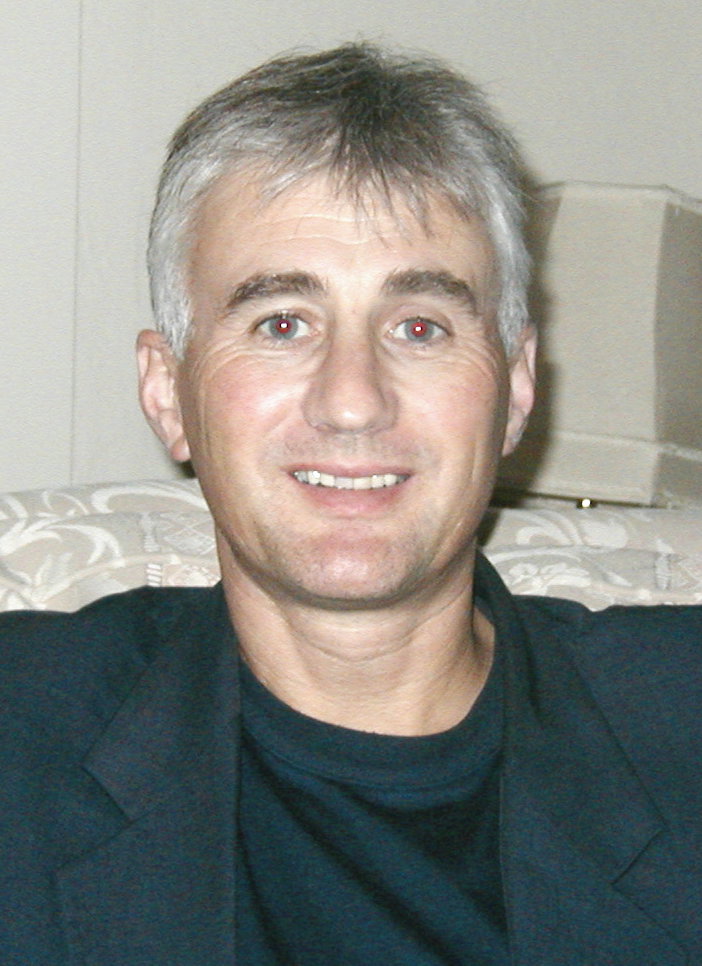
|
| Prof. Renato Lo Cigno |
|---|
Renato Lo Cigno (Professor at DISI (Dipartimento di Ingegneria e Scienza dell'Informazione), University of Trento, Italy) visited Innsbruck in April 2012 for talking with Prof. Dressler about future joint projects in the vehicular networking domain, and for giving a talk about Peer-2-Peer video streaming systems. The seminar was entitled Optimal and Robust Scheduling for Real Time Streaming in
Unstructured Meshes.
Abstract: Unstructured, chunk-based P2P streaming (TV and Video) systems are becoming popular and are subject of intense research. Chunk and peer selection strategies (or scheduling) are among the main driver of performance. This work presents the formal proof that there exist a distributed scheduling strategy which is able to distribute every chunk to all N peers in exactly sup{log2(N)}+1 steps. Since this is the minimum number of steps needed to distribute a chunk, the proposed strategy is optimal. Such a strategy is implementable and an entire class of deadline-based schedulers realize it. We show that this scheme can be made resilient to the reduction of the neighborhood size down to values as small as log2(N), and that proper choices of the protocol to implement it can also be robust to stale information distribution. Selected simulation results and experiments based on PeerStreamer complete the talk.
|
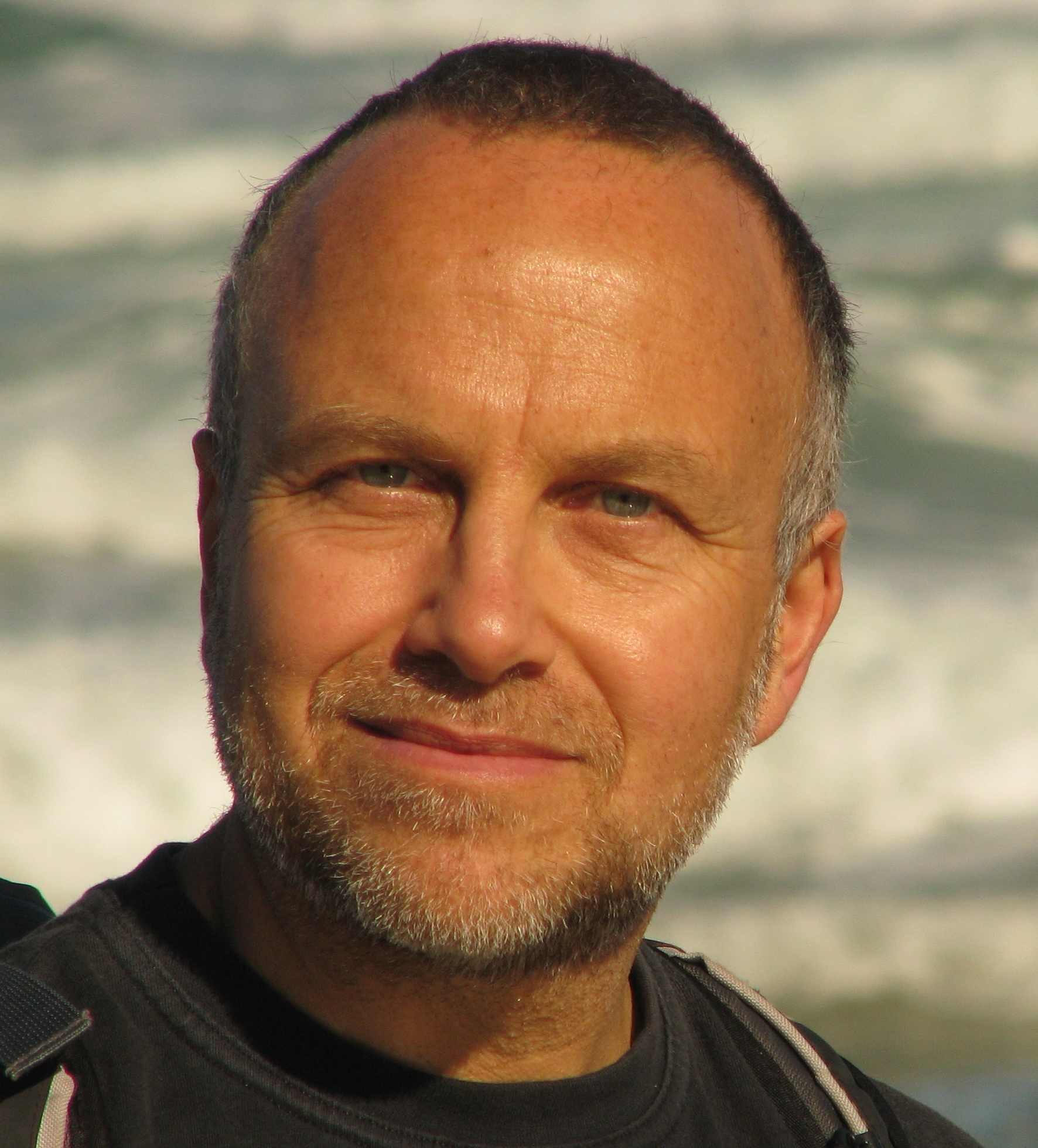
|
| Prof. Jay Tashiro |
|---|
Jay Tashiro (Prof. at the University of Ontario Institute of Technology) visited Innsbruck in October 2010 and March 2011 for discussing with Prof. Ruth Breu (head of the Quality Engineering research group). Discussion rounds and knowledge exchange talks were held between Jay and members of QE group in the area of designing and securing health care
information systems. As a result of the visit, the following joint research article with two
members of QE group, namely Thomas Trojer and Matthias Warwick, has been published:
Tan, J.; Hung, P.C.K.; Dohan, M.; Trojer, T.; Farwick, M.; Tashiro, J.; "Gateway to Quality Living for the Elderly: Charting an Innovative Approach to Evidence-Based E-Health Technologies for Serving the Chronically Ill" IEEE 13th International Conference on Computational Science and Engineering (CSE), 2010, 11-13 Dec. 2010, Hong Kong, China. IEEE link.
|
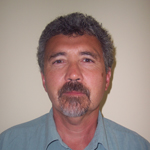
|
| Prof. Patrick Hung |
|---|
Patrick Hung (Professor at the Faculty of Business and Information Technology in the University of Ontario Institute of Technology) visited Prof. Ruth Breu and her research group in Innsbruck in January, February and March 2010, and in January 2011. As a result of the visit a Memorandum of Understanding and a Student Exchange Agreement has been established: this allowed bachelor and master students, as well as faculty staff of both Universities (UIBK and UOIT), to visit each other.
Additionally, Patrick held discussion talks with
members of QE group in the area of workflow security and privacy aspects
in EHR (Electronic Health Record) systems.
|
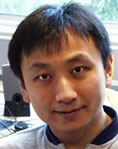
|
| Prof. Bruce White |
|---|
|
Bruce White (Professor of Computer Information Systems at Quinnipiac University, Hamden, Connecticut) visited Innsbruck and Trento in November 2010 for talking with Prof. Fahringer (Innsbruck) and Prof. Casati (Trento), and for preparing a Fullbright Specialist Program Stay.
|
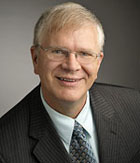
|
| Prof. Izhak Rubin |
|---|
Izhak Rubin (Professor at the Electrical Engineering Department of the University of California, Los Angeles) visited Innsbruck in June 2010, giving the talk titled Cross Layer Networking Across Mobile Wireless Networks. The talk overviewed selected research developments obtained om Izhak Rubin's group that relate to cross layer networking across infrastructure and mobile ad hoc wireless networks. Topics have been selected from developments in:
- Networking across mobile ad hoc wireless networks through the use of various Mobile Backbone Network (MBN) techniques;
- Cross-layer operations across mobile wireless networks;
- Traffic and routing management of multi-segment networks.
|
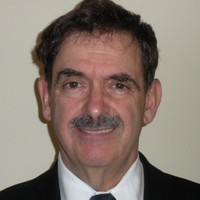
|
|